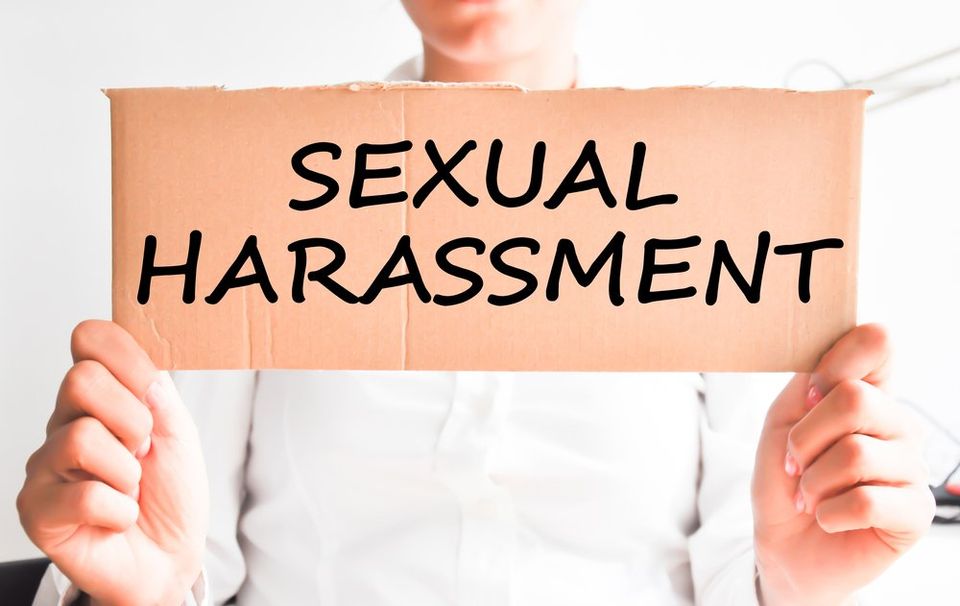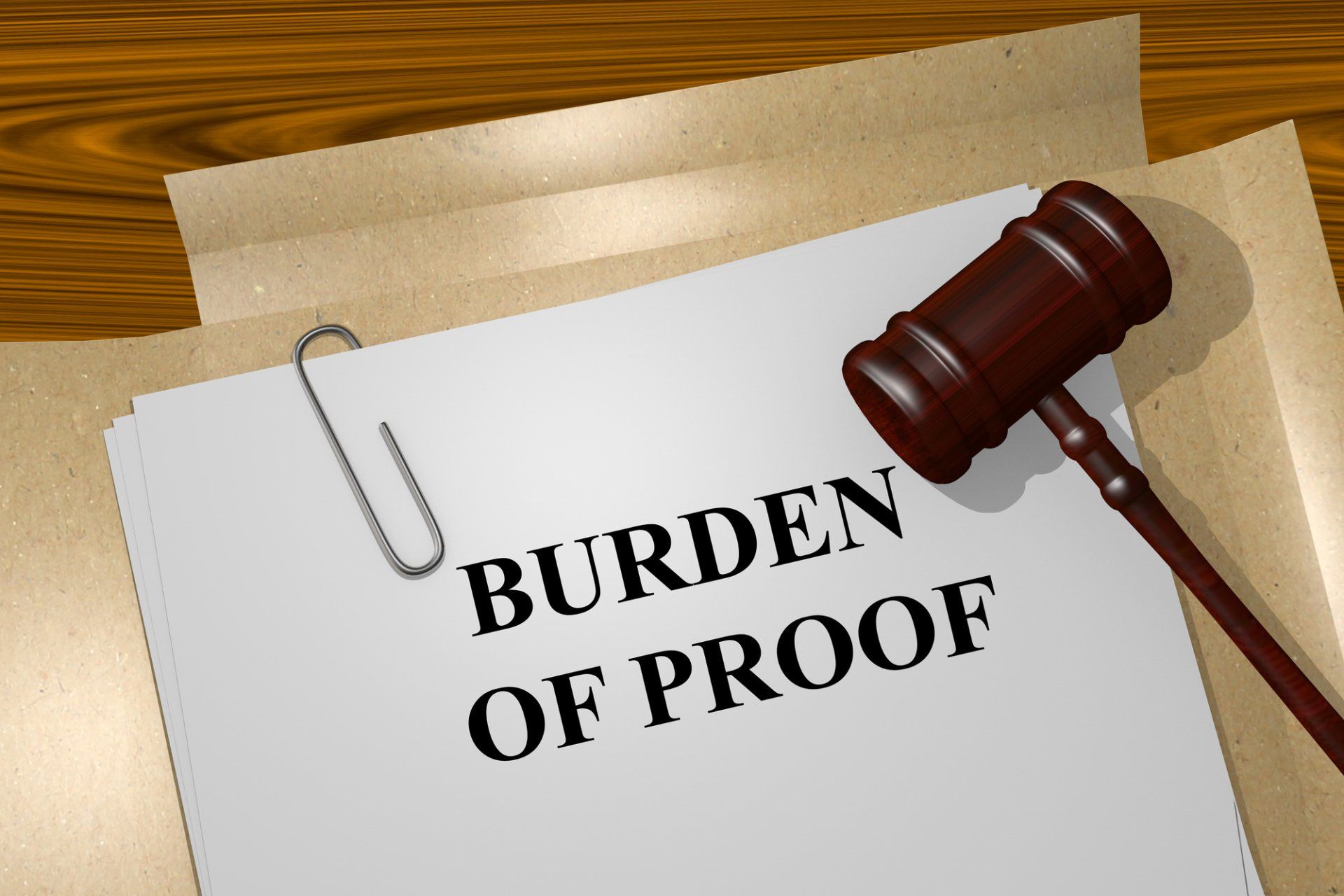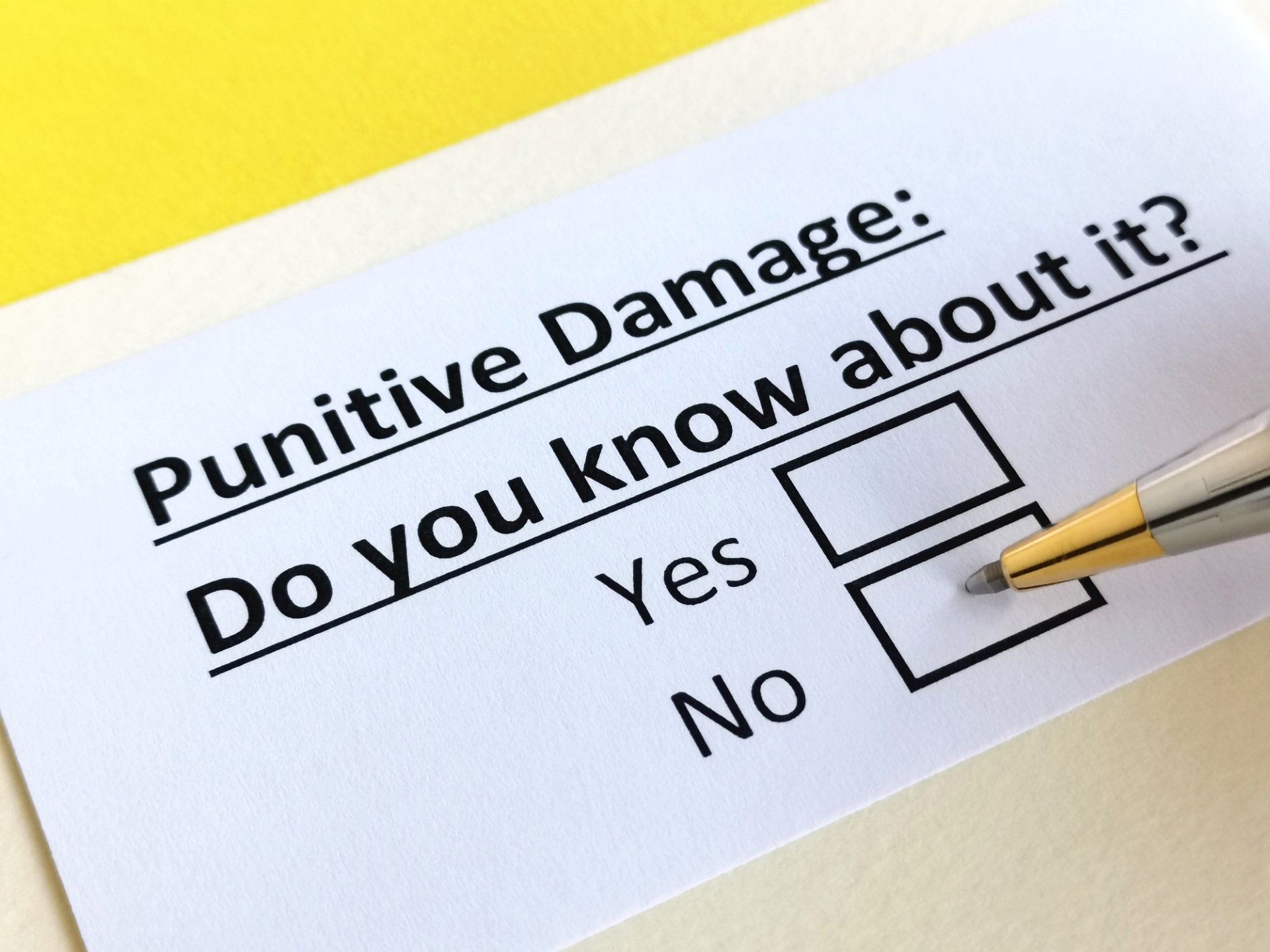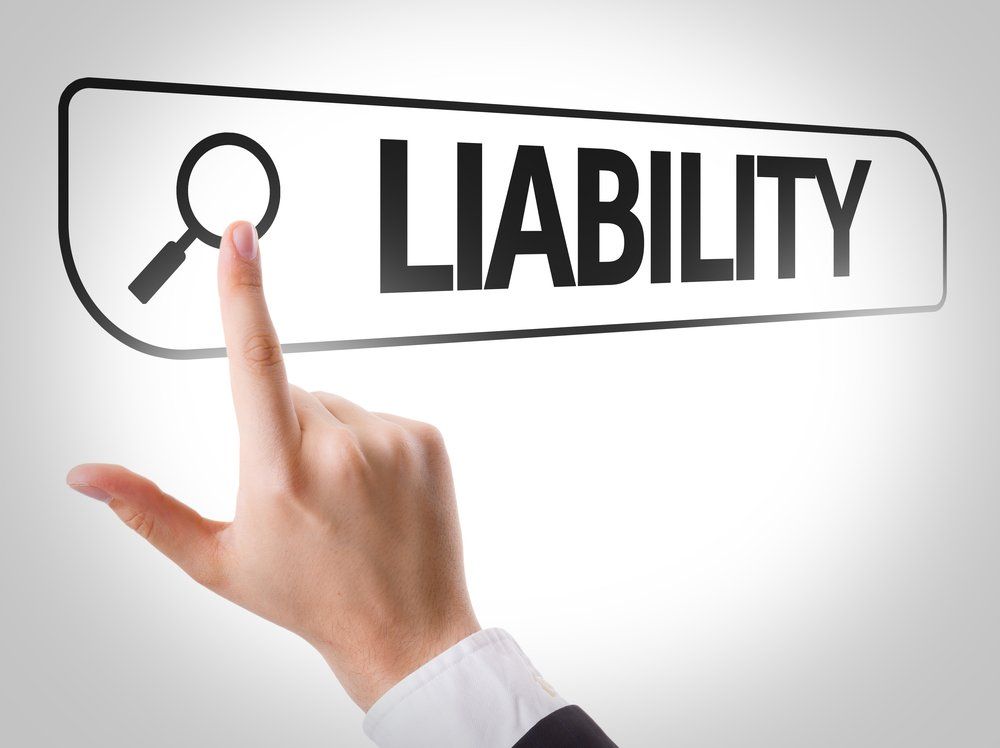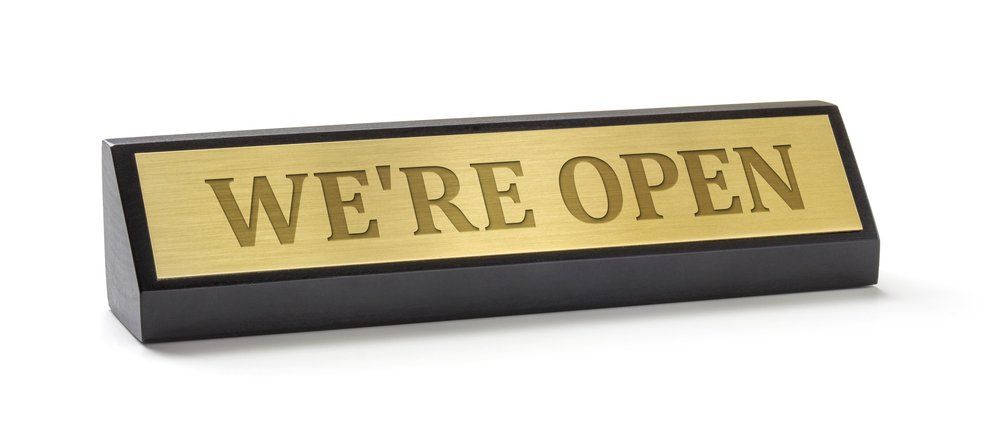Evaluating Sexual Harassment Cases on a Continuum
What is Sexual Harassment?
The answer to the question “What is sexual harassment?” is not as clear cut as many may think. In general, sexual harassment is any unwelcome sexual comment, advance, request for a sexual favor and any other verbal or physical conduct of a sexual nature. Sexual harassment is a pattern of conduct that can be analyzed in terms of a broad continuum. This continuum comprises singular acts or patterns of behavior ranging from inappropriate sexual comments to sexual assault and rape.
On the most severe end of the spectrum, there is little doubt that sexual assaults, or even a quid pro quo form of harassment, where a person of authority conditions favorable employment benefits upon sexual favors, are well within the continuum of wrongful conduct that comprises sexual harassment. A classic example would be a male boss that conditions a raise or promotion upon a female subordinate engaging in sexual acts with him. Conversely, reasonable people can agree that a simple good morning and a professional handshake does not fall within the spectrum of conduct constituting sexual harassment.
Sexual Harassment According to the EEOC
The EEOC defines sexual harassment as follows:
Sexual harassment is a form of sex discrimination that violates Title VII of the Civil Rights Act of 1964. Title VII applies to employers with 15 or more employees, including state and local governments. It also applies to employment agencies and to labor organizations, as well as to the federal government.
- Unwelcome sexual advances, requests for sexual favors, and other verbal or physical conduct of a sexual nature constitute sexual harassment when this conduct explicitly or implicitly affects an individual's employment, unreasonably interferes with an individual's work performance, or creates an intimidating, hostile, or offensive work environment.
- Sexual harassment can occur in a variety of circumstances, including but not limited to the following
- The victim, as well as the harasser, may be a woman or a man. The victim does not have to be of the opposite sex.
- The harasser can be the victim's supervisor, an agent of the employer, a supervisor in another area, a co-worker, or a non-employee.
- The victim does not have to be the person harassed but could be anyone affected by the offensive conduct.
- Unlawful sexual harassment may occur without economic injury to or discharge of the victim.
- The harasser's conduct must be unwelcome.
How Do You Know if it is Sexual Harassment?
Most sexual harassment cases are not so clear and fall within the middle ranges of the continuum. Consider these slightly different scenarios: What if a boss of an employee notices the employee’s new outfit and comments as follows, “Is that a new outfit? I like it.” What if the comment is more sexual in nature. “New outfit? It is attractive.” Or, “New outfit? It makes you look hot.” Or, “New outfit? I bet your boyfriend really enjoys it. Turn around and let me get a good look of you in it.” The lines between professional, friendly and inappropriate can easily blur. It can be difficult to determine if sexual harassment has actually occurred in many situations.
What Constitutes a Sexual Harassment Claim?
The analysis of the unwanted behavior to determine whether the sexual harassment claim is legally actionable involves an assessment of all the facts to determine the pervasiveness of the conduct to assess whether a Judge or Jury would agree that sexual harassment has taken place. These facts might include whether the act of harassment is a one-time event or a regular occurrence, the relationship between the harasser and victim, the gender and sexual orientation of the parties involved, and the blatant nature of the wrongful conduct.
You Need an Experienced Sexual Harassment Attorney
The attorneys at York Gaskill, LLC have experience representing clients who have been the victim of sexual harassmentand can assist in evaluating a client’s employment experiences to determine whether there is a legal case for sexual harassment. Call us at 678.697.6789 or send us a message for a free consultation.


